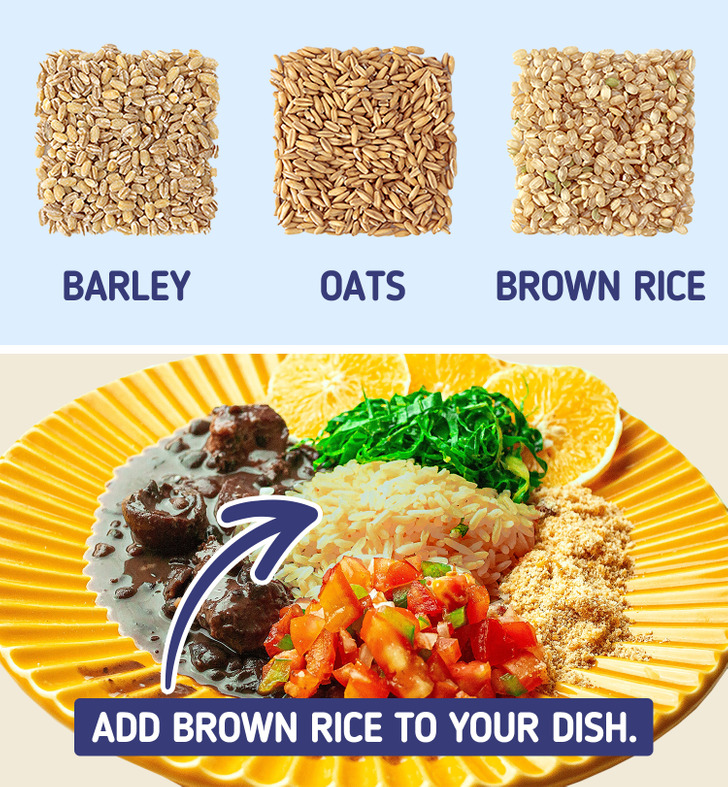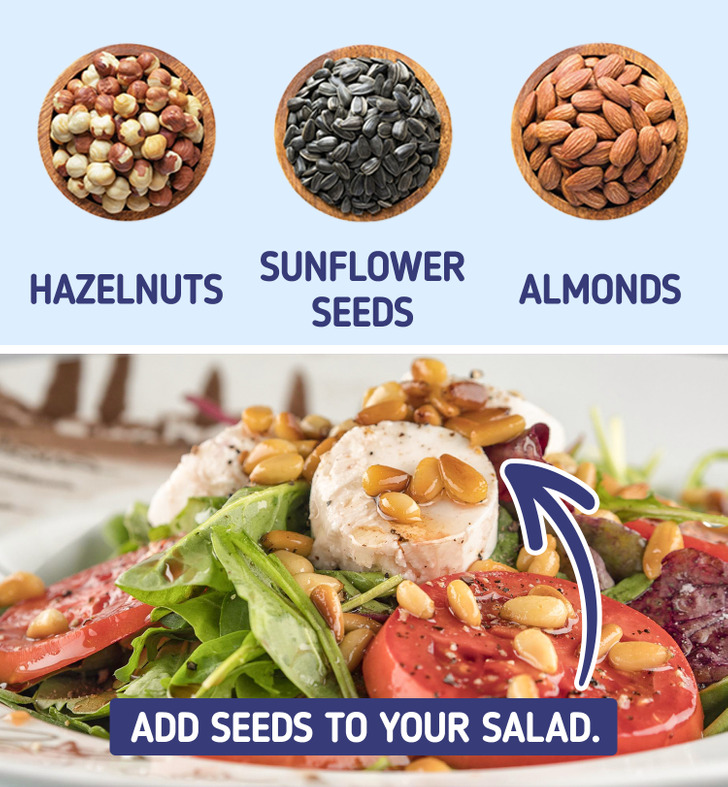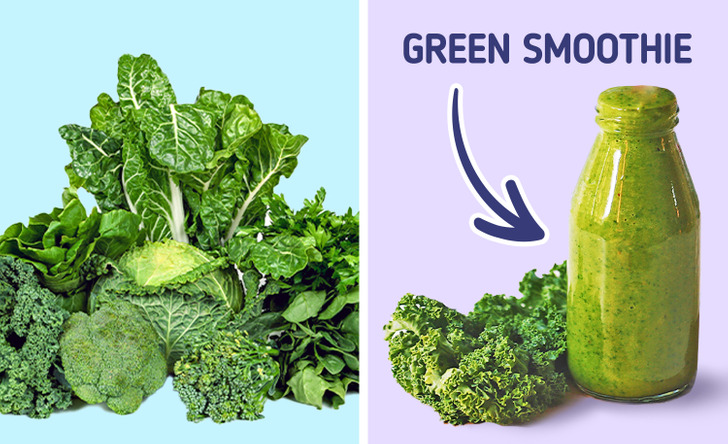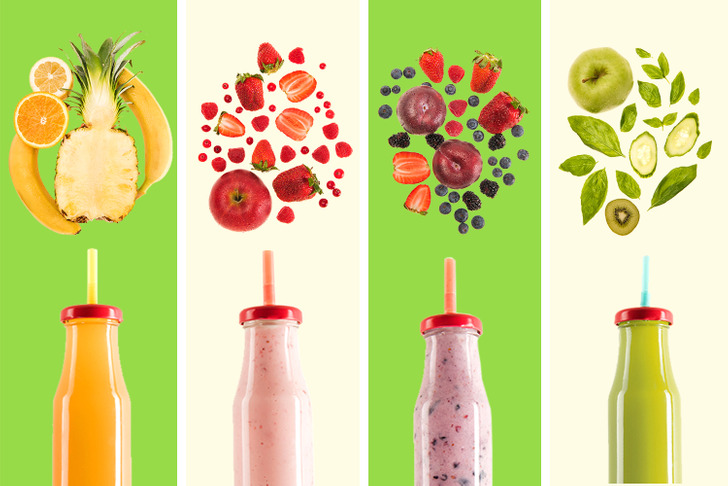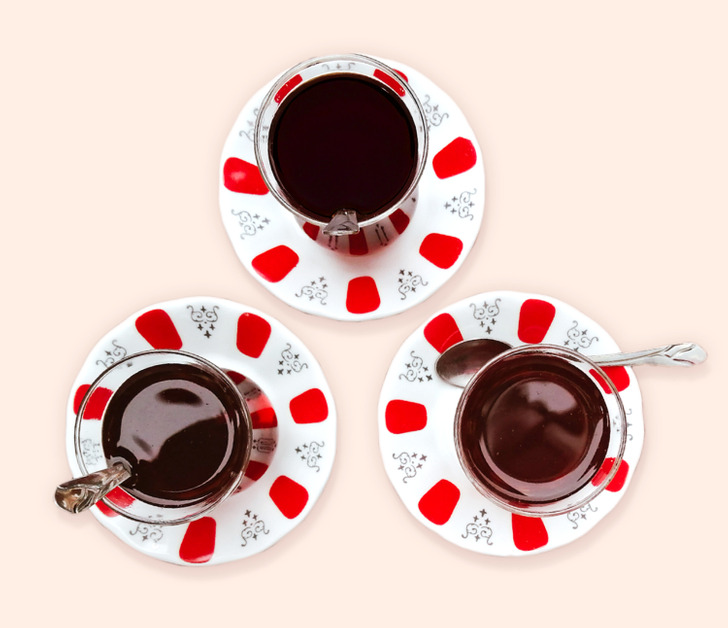5 Foods You May Want to Eat More of to Give Your Brain a Boost
The brain is an intricate and complex organ that manages various processes, like our thoughts, memories, emotions, motor skills, hunger, and other things that contribute to regulating our body. The food we eat can play a role in our overall health, and there are some choices we can make to keep our brains and bodies healthy. 5-Minute Crafts will show you some of these foods.
1. Whole grains
Whole grains are a good source of vitamin E, which has been linked to improvements in cognition and even a reduction of the risk of some diseases. Some of these grains include:
- Brown rice
- Oatmeal
- Whole-grain bread and pasta
- Barley
🔹 You can add whole grains to your diet by choosing whole-grain breakfast cereal with high amounts of fiber, using bulgur and barley as a side dish, and eating them as a snack. This could be popcorn, for example, which is considered a whole grain.
2. Nuts and seeds
Nuts are also a good source of vitamin E, omega-3 fatty acids, which are most present in walnuts, and antioxidants. Eating more nuts has been found to improve brain function at older ages, help develop a sharper memory, and slow down mental decline. Options besides walnuts can be:
- Almonds
- Hazelnuts
- Sunflower seeds
- Pumpkin seeds
🔹 Add about an ounce or 2 of nuts and seeds per day to your meals by sprinkling them onto salads, sauces, or as a topper for vegetables. Additionally, they can be put in cereal and yogurt.
3. Leafy greens
Greens tend to be rich in brain-healthy nutrients, like vitamin K, which plays a role in preventing blood clots and encouraging the formation of memory-improving fat inside brain cells. Other nutrients include lutein, folate, and beta carotene, with plant foods possibly helping to slow cognitive decline. Examples of these are:
- Broccoli
- Collards
- Spinach
- Kale
🔹 Incorporate leafy greens into your diet by adding them to a morning smoothie or omelet, adding them to soups and salads, or making wraps with a choice of protein and all your favorite chopped veggies and greens.
4. Fruits and berries
Some fruits have high amounts of vitamin C that help prevent damage to brain cells and support brain health in general. Berries have also been known to have brain-helping properties, with antioxidants like caffeic acid and catechin, which help communication between brain cells, reduce inflammation in our bodies, and help the brain cells to form new connections. Good fruits and berries include:
- Oranges
- Kiwi
- Guava
- Strawberries
- Blueberries
- Blackberries
🔹 Increase your intake by adding it to every meal — eat fruit for breakfast or add it to cereal and juices; include a fruit salad with a bowl of soup for lunch, and for snacks, besides just eating the fruit whole, carry dried fruit with you wherever you go and turn them into convenient fruit sticks that you can always have on hand.
5. Coffee and tea
Almost everyone enjoys a cup of coffee or tea at some point in the day. Besides the short-term concentration boost the caffeine in these offers, a higher caffeine intake has helped people score higher on mental function tests, and it can help solidify new memories. Coffee has also been linked to increases in brain entropy, which, when at a higher level, helps the brain process more information.
